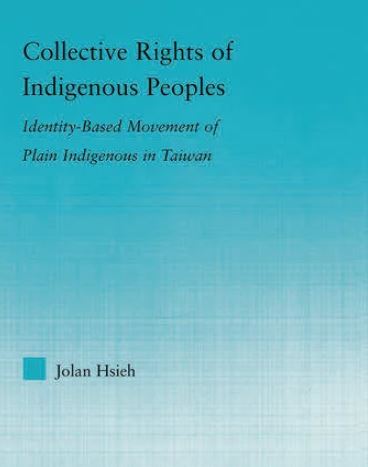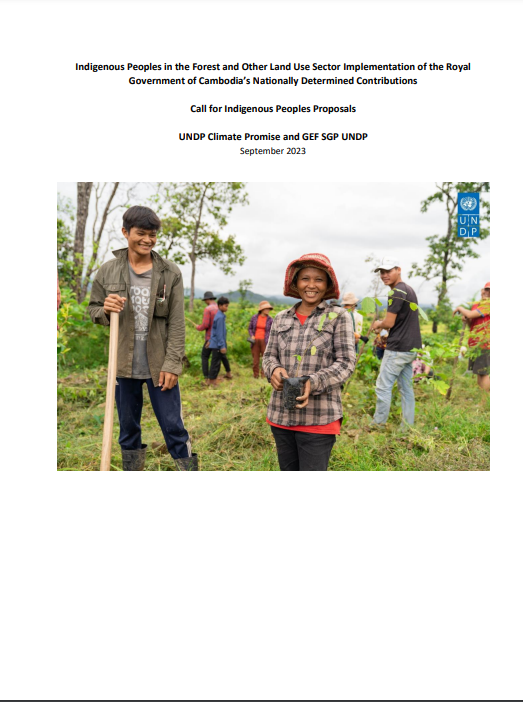
Collective Rights of Indigenous Peoples: Identity-Based Movement of Plain Indigenous in Taiwan
Publication Year: 2010
Author(s): Hsieh J
Abstract:
The focus of this book is on the PingPu peoples in Taiwan and their right to official recognition as "indigenous peoples" by the Taiwanese government. The result of centuries of colonization, indigenous tribes in Taiwan have faced severe cultural repression because of the government's refusal to accept ethnic, racial, and cultural diversity. The PingPu Status Recognition Movement is the result of a decade of activism by impassioned people seeking the right to self-determination, autonomy, and tribal legitimacy from the Han-Chinese-controlled Taiwanese government.
This book examines, through in-depth interviews, questionnaires, field observations, and analysis of governmental and United Nations documents, the perspectives of those directly involved in the movement, as well as those affected by "indigenous" status recognition. Study of the PingPu Indigenous movement is vitally important as it publicly declares Taiwanese Indigenous population's humanity and collective rights and provides a more comprehensive analysis of identity-based movements as a fundamental form of collective human rights claims.
ISBN: 9780415882521
Country: Taiwan
Publisher/Organisation: Routledge
Theme: Indigenous People | Subtheme: Community Rights
Related Documents
Training Materials
Securing Land Rights for Indigenous Peoples in Cities
Published Year: 2011
Abstract:
Land and property rights of Indigenous peoples are reviewed in the context of urbanization, in... Read More
Training Materials

Abstract:
This is a guiding document for Indigenous Peoples Organisations (IPOs), local NGOs (LNGOs) and... Read More
Reports
Indigenous women, daughters of Mother Earth
Published Year: 2020
Abstract:
There are 476 million indigenous peoples around the world, constituting 6.2 percent of the glo... Read More



